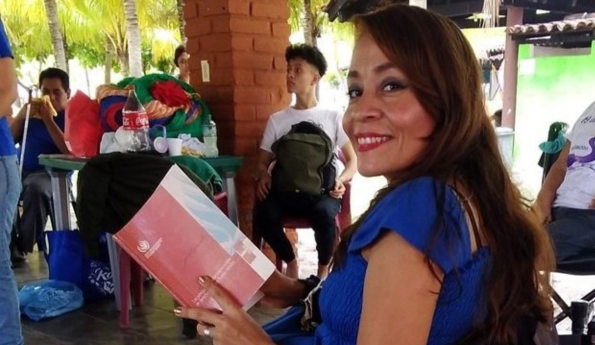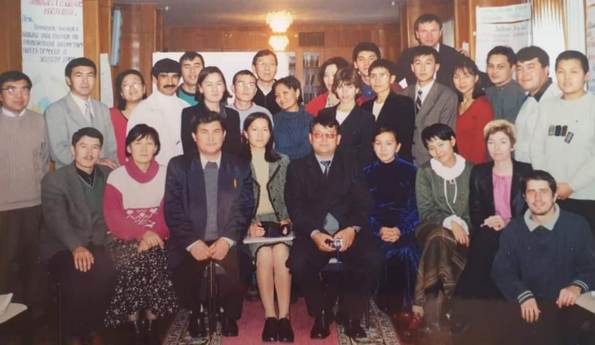In June, Counterpart International’s Global Programs hosted a panel discussion on the growing threats that activists in Africa, Latin America, Eastern Europe, and Southeast Asia face in the digital space. Panelists discussed the troubling global trend of governments seeking to control, shape, and silence the digital space through propaganda and misinformation.
Despite coming from different countries and regions, the six activists on the panel identified parallels between their experiences. In many of their home countries, they are witnessing a shrinking civic space in which the persecution of journalists, human rights defenders, and civil society activists is becoming increasingly common through tactics like online harassment, mass surveillance, or violent crackdowns. One activist discussed how, in her home country, journalists reporting on government corruption frequently become targets of malware or phishing attacks by the government. Another panelist noted that he was one of 20,000 activists and journalists who were illegally wiretapped by his home country’s former government.
Several activists also shared that they are seeing a rise in the securitization of the state. In many countries, the government is increasingly using tools and legislation to monitor the activities of its citizens, including vulnerable groups such as the LGBTI community. One activist noted that the electronic ID card project rolled out by her country’s defense ministry collects biometric and family data without adequate security guarantees. Another panelist stressed how her government justifies censorship measures, such as legislation to block certain websites, by citing national security interests.
This discussion also touched on the worrying trend of hate speech and disinformation on social media. Online mediums with extensive user bases, such as Facebook, can be used to spread hateful rhetoric and incite violence against women, the LGBTI community, and ethnic and religious minorities. These online platforms can take days to respond to abusive posts, if they respond at all. The activists stressed the importance of publishing digital security resources in local languages to assist in tackling hate speech and keeping individuals protected online.
The panelists also discussed the issue of access to the digital space. While the internet can be used as a place for collaboration and knowledge sharing, inequity still exists. In many countries around the world, data costs can prevent vulnerable and marginalized populations from being able to access the internet and share their voices online. This disproportionate disadvantage also makes those populations even more ill-equipped to deal with security threats in the digital space.
The panelists stressed that as these threats evolve, more work must be done on the ground to counter digital dangers. Panelists noted that educating communities on digital security risks and improving access to tools that can protect their privacy online is a good first step. These activists’ continued work in this field will serve as bulwark against closing civic space, empowering citizens to make their voices heard online. Counterpart is proud to be in a position to support the activists doing this important work.
featured image credit: BlackJack3/iStock




